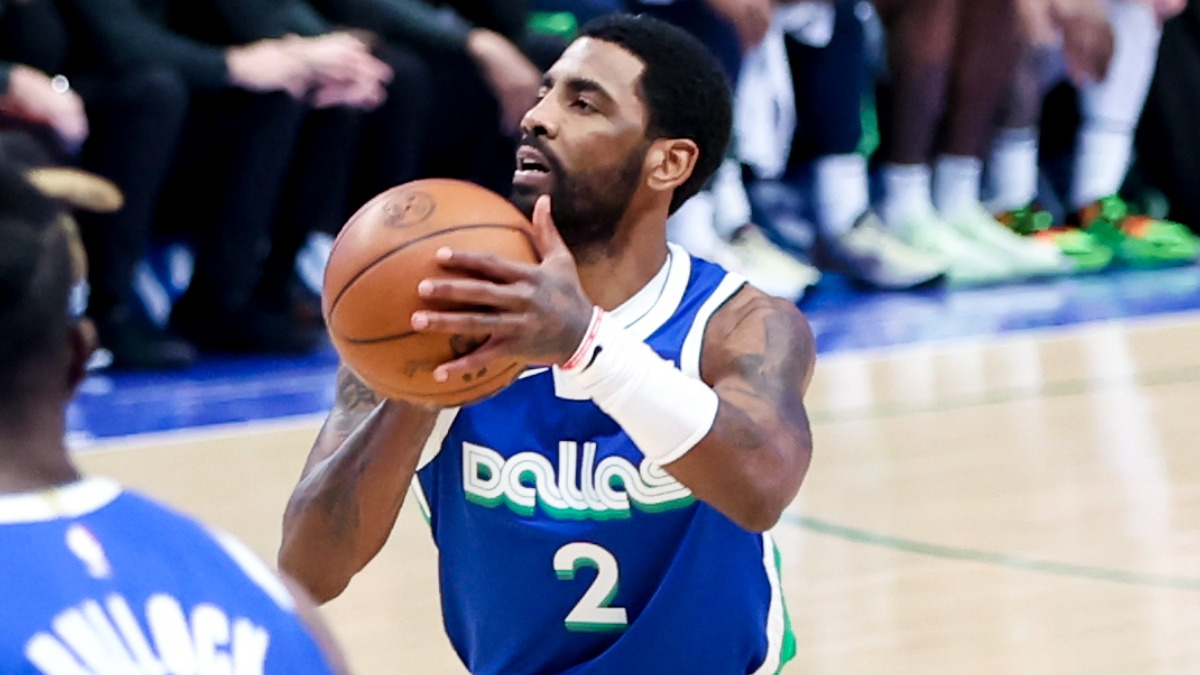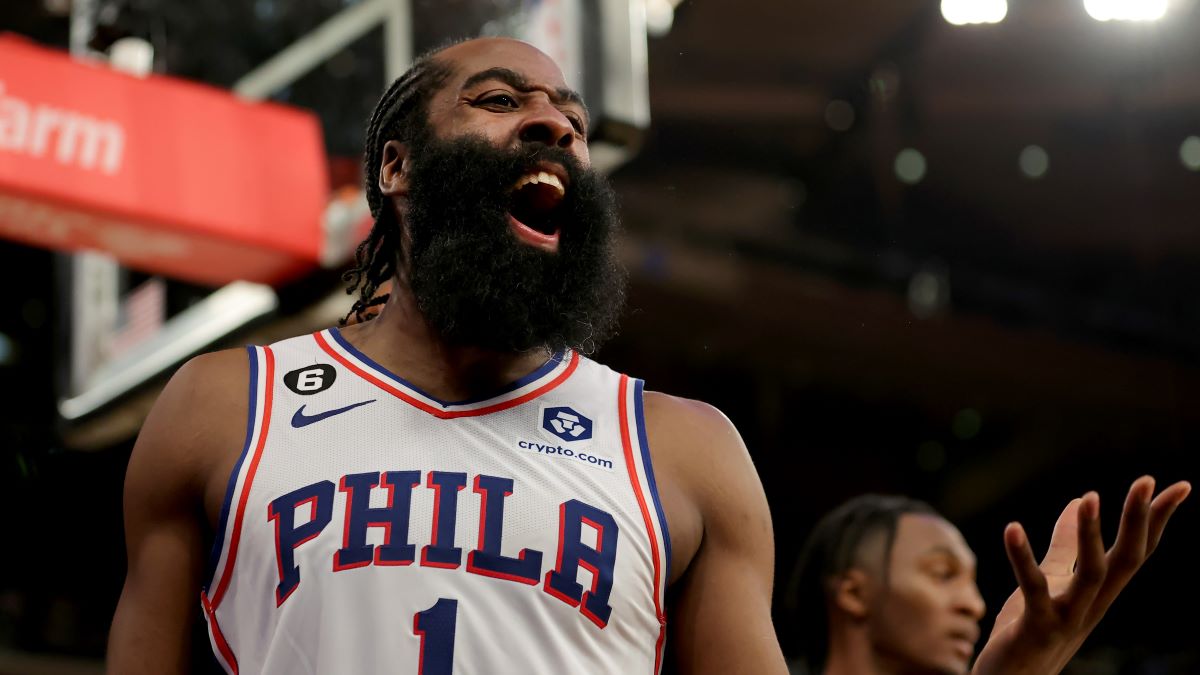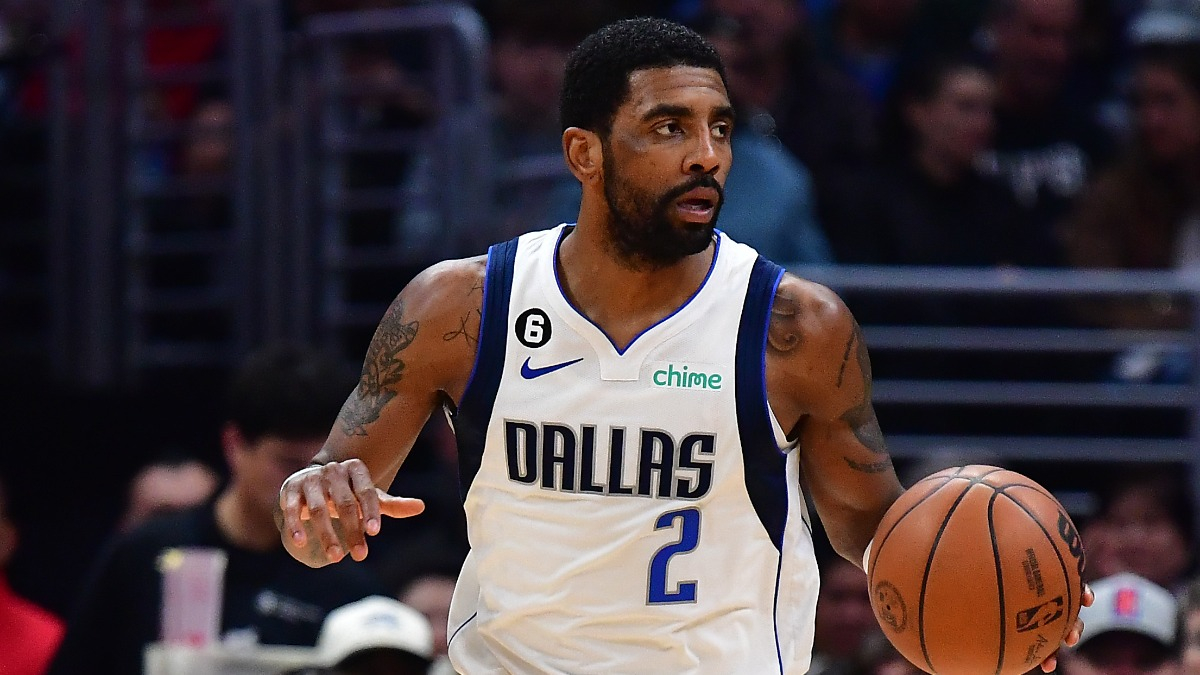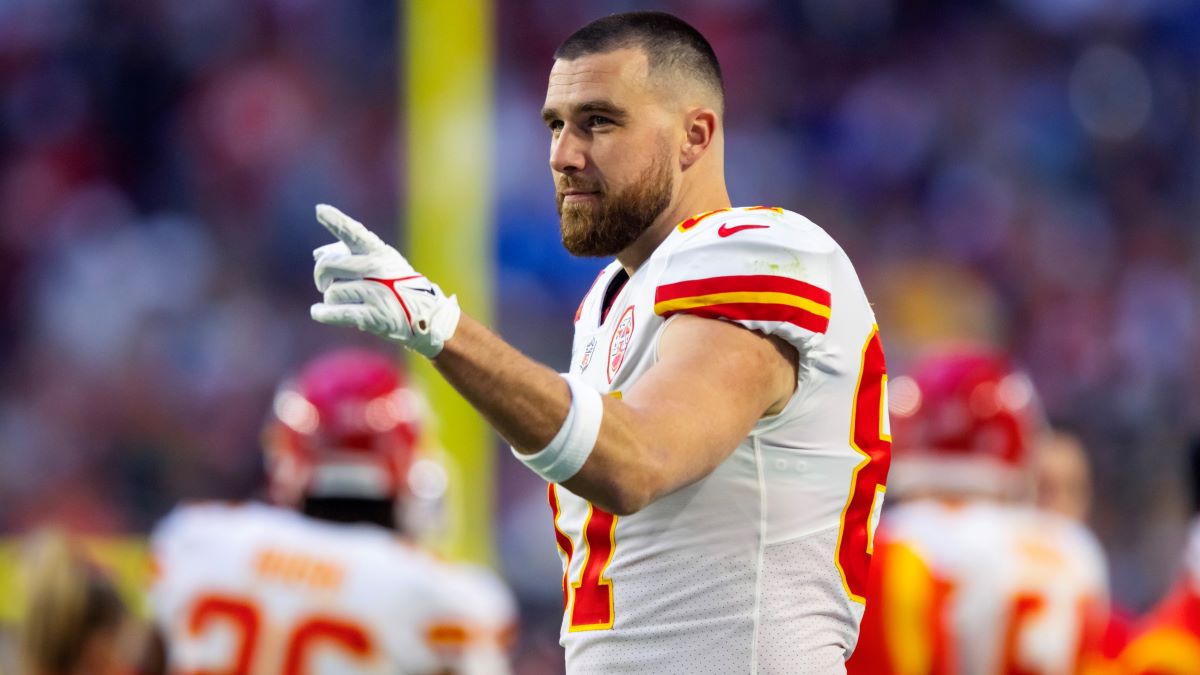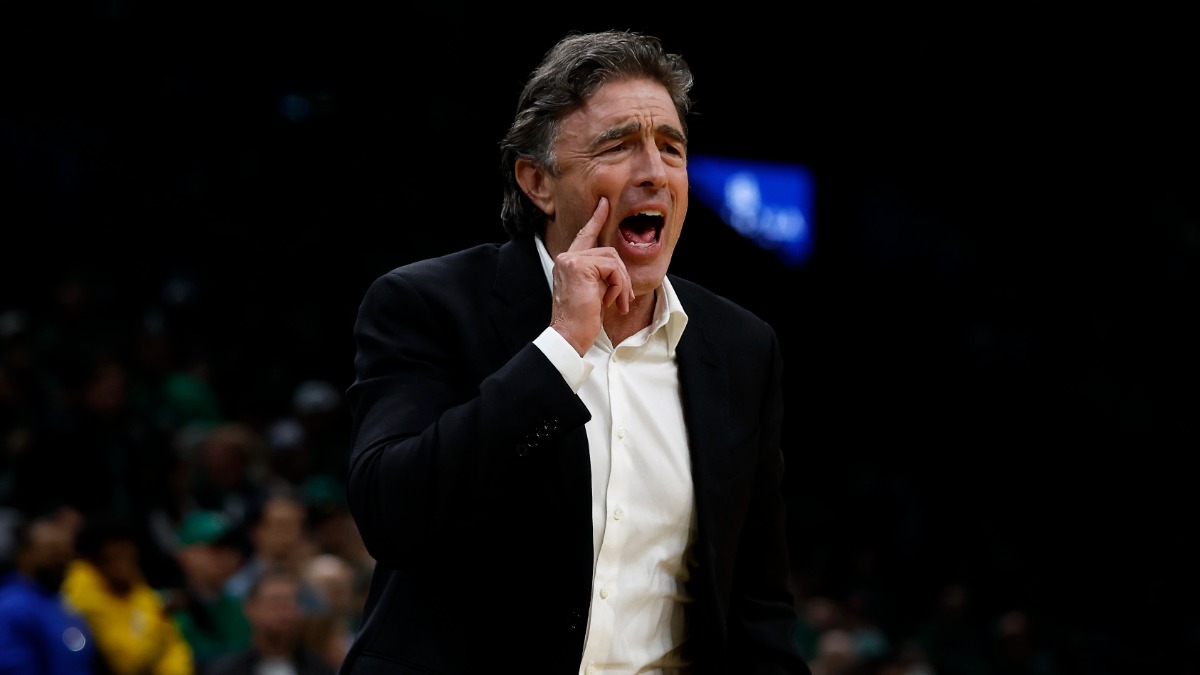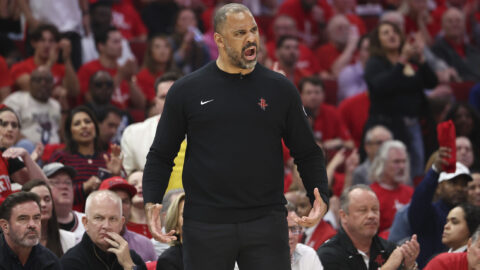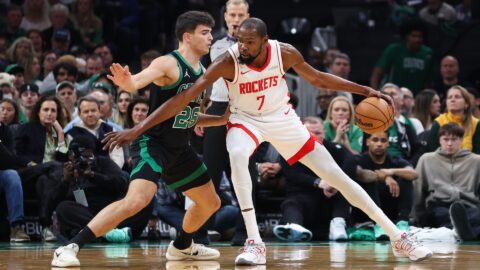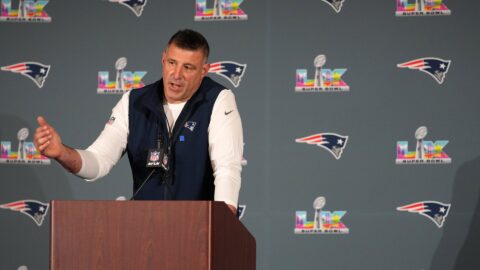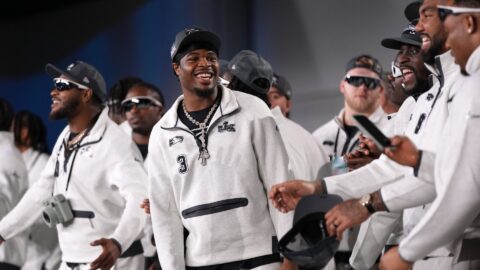Kyrie Irving made headlines this season for sharing conspiracy theories, and his fascination with them reportedly began when he was with the Boston Celtics.
The Dallas Mavericks guard's controversies began with his refusal to get the COVID-19 vaccine and his public disputes over New York's vaccine mandate. The 30-year-old also has shared videos from Alex Jones, who has been ordered to pay $1.44 billion to Sandy Hook families for his promotion of false conspiracy theories about the Sandy Hook school massacre.
Irving then shared a link to an anti-Semitic film that was released in 2018 that included the false belief the Holocaust didn't happen and a made-up quote from Adolf Hitler that stated Black people were the real children of Israel -- a common belief among Black Hebrew Israelites.
A radical group of the Black Hebrew Israelites, Israel United in Christ, who have been labeled as a hate group by the Anti-Defamation League and the Southern Poverty Law Center, has voiced support for Irving. The Brooklyn Nets suspended the All-Star, and while he apologized to the Jewish community for spreading anti-Semitism on social media, he deleted that apology after he was traded to the Mavericks.
Irving publicly talked about conspiracy theories during his final years with the Cleveland Cavaliers in 2016 and 2017. He went on Channing Frye and Ricard Jefferson's podcast and discussed the subjects of John F. Kennedy's assassination and the possibility of the 1969 moon landing being faked. These topics have been discussed and debunked for decades and are nowhere near as harmful as his more recent conspiracy theories.
Simon van Zuylen-Wood of New York Magazine published a profile on Irving on Monday. The article details how the All-NBA guard arrived at his current mental state, and those close to Irving believe it happened when he was with the Celtics from 2017-2019.
His maternal grandfather died, and Irving said the episode sparked "some of the worst mental-health issues" of his life, per New York Magazine. During this time, he lived with Alex Jones -- a different Alex Jones -- who was his business manager and high-school classmate.
"Jones had moved to Boston to live with him, and there was concern that the two were spending the dark Massachusetts winters isolated at home, bingeing YouTube," van Zuylen-Wood wrote. "Someone who knew Irving at the time brought up the flat-Earth theory with him and Jones. 'Alex is like, I don’t know, man. We don’t know the Earth is round. Kyrie and I have been watching stuff.' Kyrie kept asking if we knew for sure that it was 'constitutionally’ round.' The conclusion: 'Oh, (expletive). They really believe that.'
Irving has not publicly supported flat-Earth theory, but his deep dive obviously did not stop there as algorithms continued to give him more related content to what he was watching, which led him to the anti-Semitic film, "Hebrews to Negroes."
"He watched little parts of it and probably fell asleep," associates of the guard told New York Magazine. "It is not a really good, put-together film. At one point, you really do go, 'There's something (expletive) up with this documentary,' and that's when they quoted Hitler. But that happened toward the end of the movie!"
NBA players, rightfully, want to be viewed by the public as more than people who dribble and shoot a basketball. It's why the league is viewed as pro-social justice with its support of police reform and gun reform initiatives.
But Irving has refused to talk about his harmful sharing of conspiracies that he apparently knows very little of. His colleagues, like Celtics star Jaylen Brown, have defended him publicly, and he still is playing at a high level, so Mavericks fans likely will choose to ignore all off-court matters, until they blow up as it did for the Nets.
It's unlikely Irving's fascination with baseless conspiracy theories will end anytime soon -- he's not the only one in the sports world that has done so -- and it will continue as long as NBA governors and executives ignore the public outcry.

